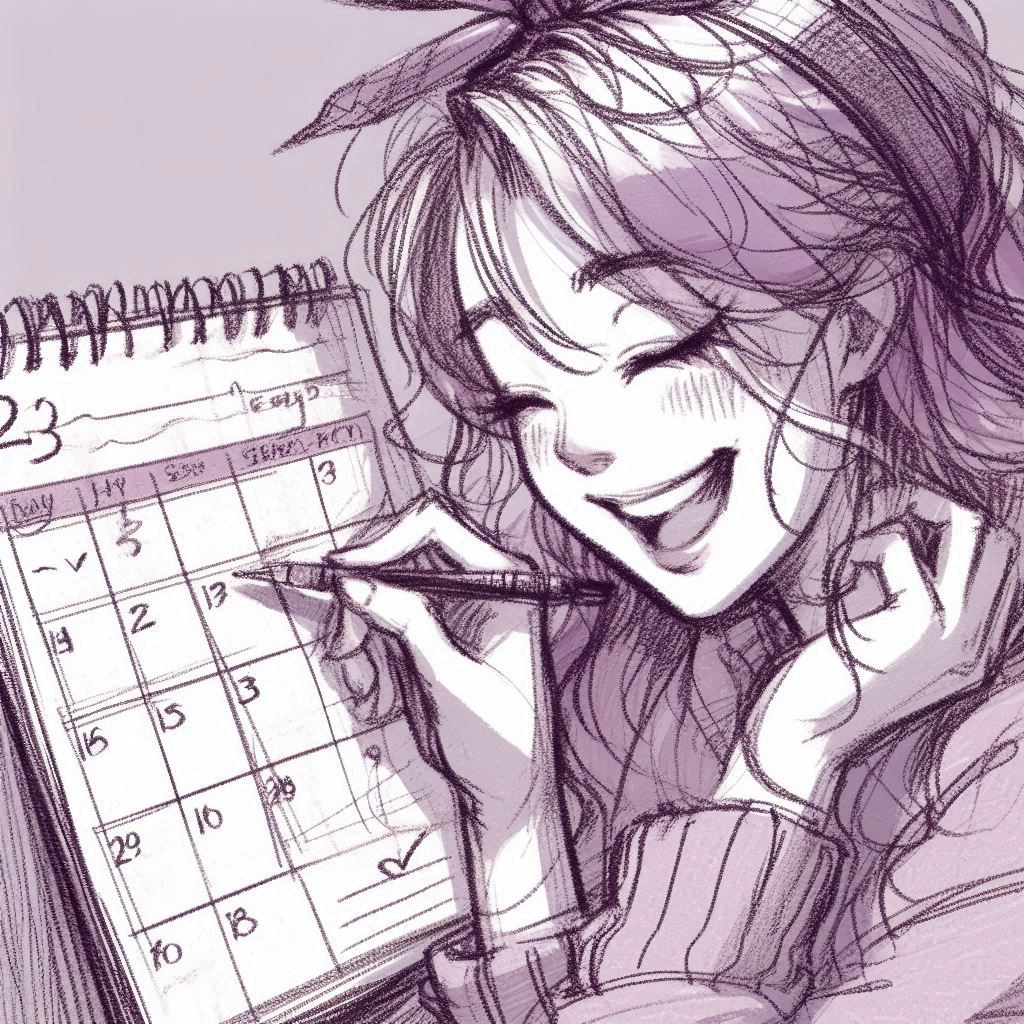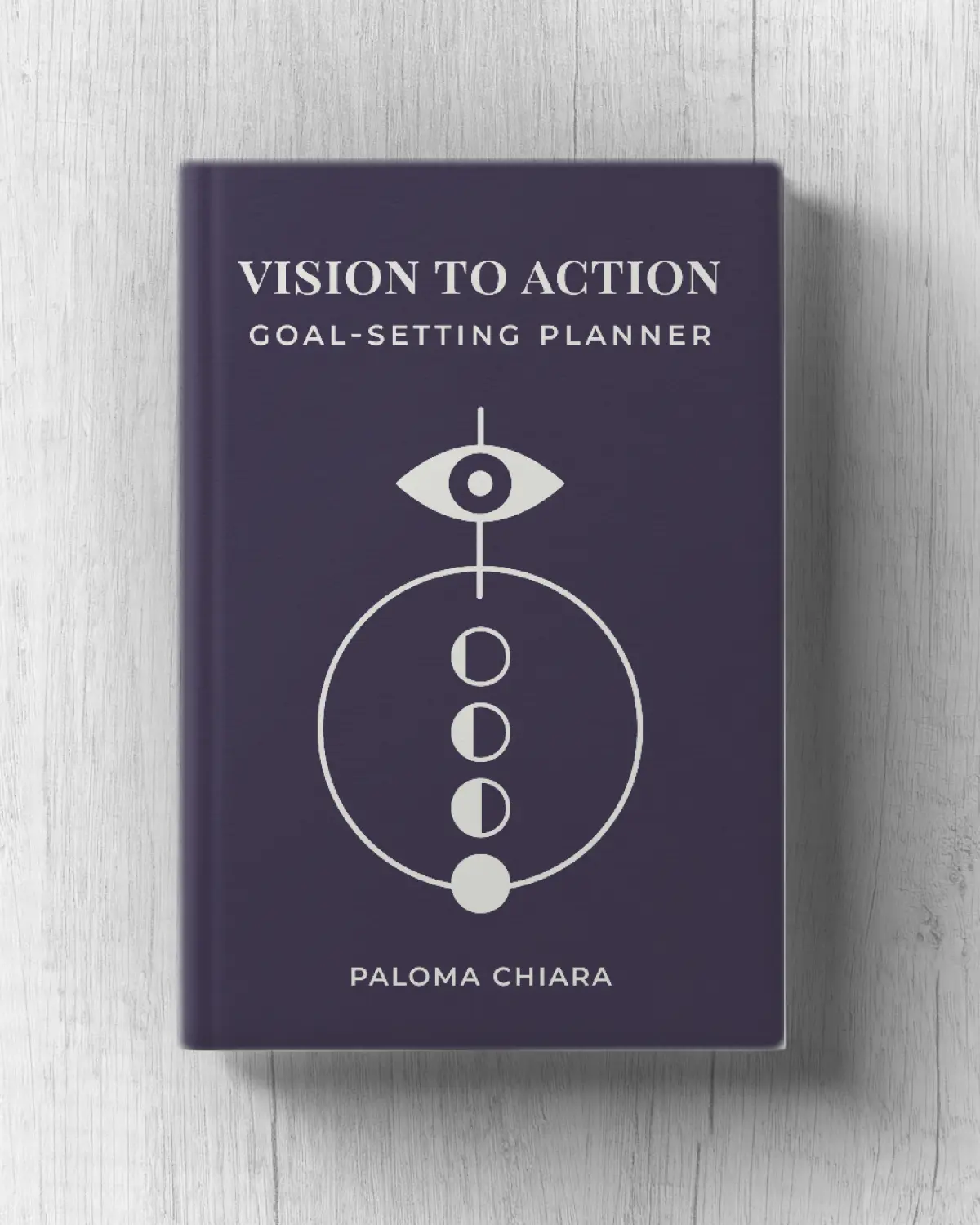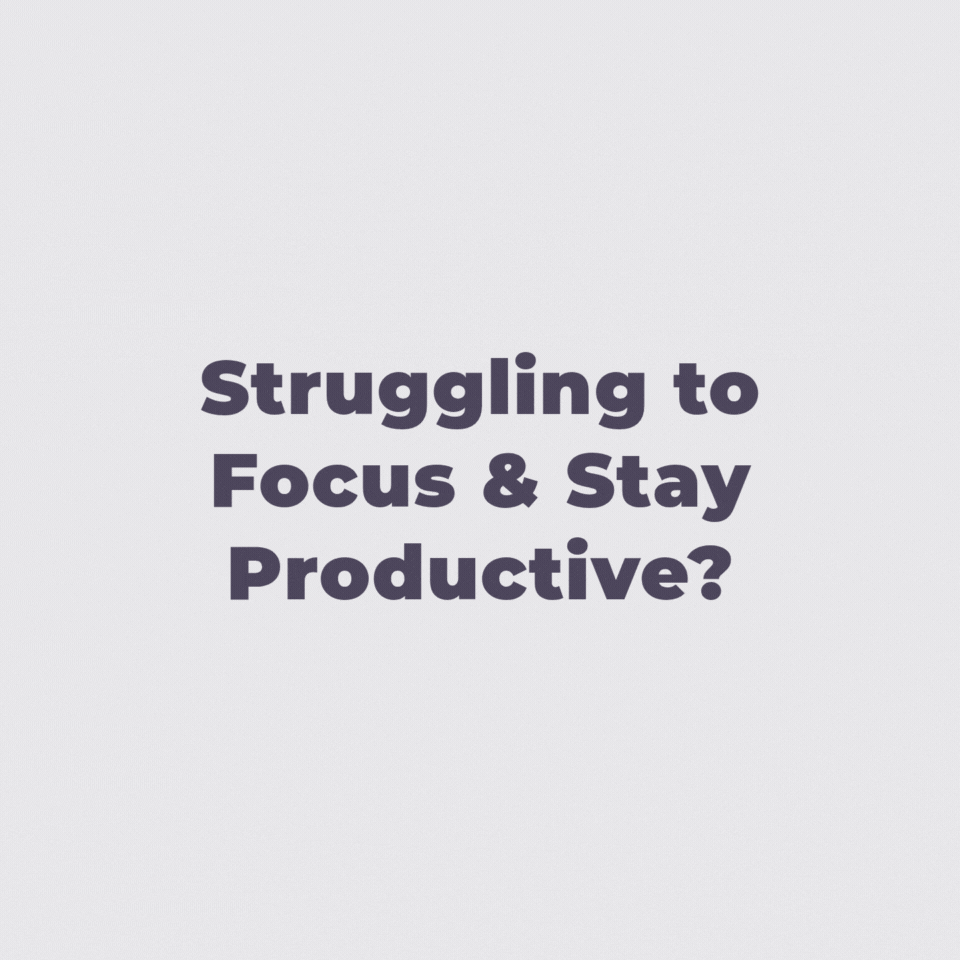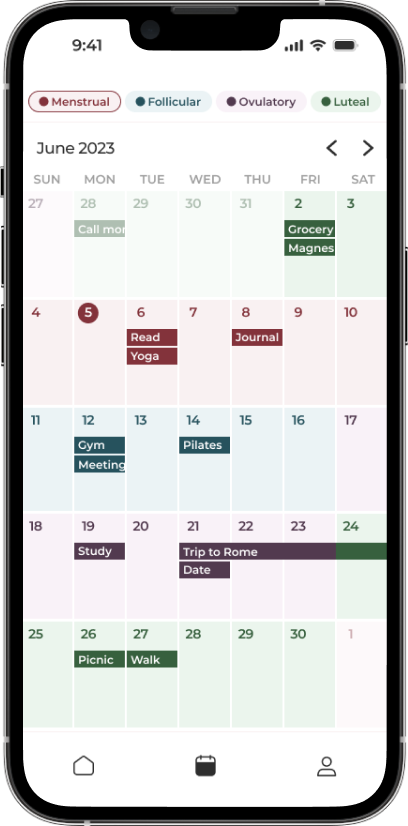What Is a Habit Loop?

A habit loop is a cycle that drives habitual behavior. It consists of three key components: a cue, a routine, and a reward. This loop is what makes habits automatic and difficult to change. Understanding each part of the habit loop can help you break bad habits or build positive ones.
What are the 3 components of a habit loop?
1. Cue (Trigger)
The cue is the event or situation that triggers the start of the habit. It can be something external, like seeing a notification on your phone, or internal, such as feeling stressed or hungry. The cue signals your brain to start the habit loop.
2. Routine (Behavior)
The routine is the action or behavior you perform in response to the cue. This can be a physical activity, like biting your nails or checking social media, or a mental action, like worrying or ruminating.
3. Reward
The reward is the positive outcome that reinforces the habit. It can be immediate, like the satisfaction of a sugary treat or the relief of scrolling through your phone. The reward signals to your brain that the routine is worth repeating.
Breaking the Habit Loop
To change or break a habit, you need to disrupt this loop by altering one of its components:
- Change the cue: Avoid triggers or replace them with new cues that promote healthier behaviors.
- Alter the routine: Replace the old behavior with a new, more positive action.
- Shift the reward: Choose a different reward that supports your new habit, like a healthy snack instead of junk food.

Check out the Vision to Action Planner for only 6$
More infoBad Habits: Using the Habit Loop
Overeating
Current Habit Loop:
- Cue: Feeling stressed or bored, seeing food commercials, or a mealtime trigger.
- Routine: Eating comfort food or overeating beyond fullness.
- Reward: Temporary relief from stress, comfort, or pleasure from the taste of food. New Habit Loop:
- Cue: Feeling stressed or bored.
- Routine: Instead of eating, engage in a mindful activity like taking a walk, practicing deep breathing, or doing a hobby.
- Reward: A sense of accomplishment and improved mood, with the added benefit of avoiding the guilt or discomfort from overeating.
Procrastination
Current Habit Loop:
- Cue: A task that feels overwhelming or boring.
- Routine: Avoiding the task by checking social media, watching TV, or doing other low-priority activities.
- Reward: Instant gratification of avoiding discomfort, relaxation, or entertainment. New Habit Loop:
- Cue: Feeling overwhelmed or bored by the task.
- Routine: Break the task into smaller, manageable steps and set a timer to work for just 10 minutes.
- Reward: A sense of progress and accomplishment, along with the motivation to continue.
Nail Biting
Current Habit Loop:
- Cue: Feeling anxious, nervous, or bored.
- Routine: Biting nails, usually without conscious thought.
- Reward: A sense of relief from anxiety or a momentary distraction. New Habit Loop:
- Cue: Feeling anxious or nervous.
- Routine: Replace nail biting with squeezing a stress ball or playing with a fidget toy.
- Reward: A sense of calm and focus, while avoiding the physical damage to nails and cuticles.
Smoking
Current Habit Loop:
- Cue: Stress, anxiety, or social situations where others are smoking.
- Routine: Lighting a cigarette and smoking.
- Reward: Temporary relaxation or a sense of relief from stress. New Habit Loop:
- Cue: Feeling stressed or anxious.
- Routine: Replace smoking with deep breathing exercises, going for a short walk, or chewing gum.
- Reward: A clearer mind, reduced anxiety, and no harm to your health.
Late-Night Snacking
Current Habit Loop:
- Cue: Feeling bored, watching TV, or a desire to “treat” yourself after a long day.
- Routine: Eating unhealthy snacks late at night.
- Reward: Temporary pleasure from the taste of food or a sense of indulgence. New Habit Loop:
- Cue: Feeling bored or winding down after a long day.
- Routine: Replace snacking with a warm cup of herbal tea or engaging in a calming activity like reading a book or doing some light stretching.
- Reward: Better sleep, improved digestion, and feeling refreshed the next day.
Good Habits: Using the Habit Loop
Exercise Regularly
- Cue: Waking up in the morning or finishing a meal.
- Routine: Engage in a 15-minute workout or a brisk walk.
- Reward: A boost of energy, improved mood, and a sense of accomplishment for taking care of your health.
Reading Daily
- Cue: Settling down for the evening or after finishing a meal.
- Routine: Spend 15 minutes reading a book, article, or personal development content.
- Reward: Increased knowledge, relaxation, and the satisfaction of personal growth.
Drinking Water
- Cue: Feeling thirsty or seeing a water bottle on your desk.
- Routine: Take a sip of water, aiming to drink 8 glasses a day.
- Reward: Hydration, better skin, and improved focus.
Mindful Breathing or Meditation
- Cue: Feeling stressed or anxious during the day.
- Routine: Practice 5-10 minutes of deep breathing or meditation.
- Reward: A sense of calm, reduced stress, and improved mental clarity.
Planning Your Day the Night Before
- Cue: Before going to bed.
- Routine: Spend 5-10 minutes writing out your to-do list and priorities for the next day.
- Reward: A clear sense of direction for the day ahead, reduced stress, and a feeling of control.
Quiz: What Is Blocking Your Success?
This quick quiz will help you figure out which mental or behavioral pattern might be holding you back from achieving your full potential. Identifying your specific success blocker is the first step toward breaking through to new levels of achievement and fulfillment.
Read each question and choose the answer that feels most true to your situation.
No email or payment is required to complete the quiz and receive your personalized insights.
Once you have your primary success blocker, you have clarity about what’s been holding you back. This awareness is powerful—many people spend years struggling without understanding the specific pattern that’s limiting their progress.
Remember, these patterns aren’t permanent character traits but rather habitual ways of thinking and behaving that can be changed with the right guidance and practice.
If you’re ready to break through your specific blocker and achieve the success you know you’re capable of, send me an email to try out a coaching session. Your breakthrough awaits!
Still waiting for the 'perfect time'?
Email me what you'd do if you stopped making excuses. We'll work backwards from there.
Let's startRecent posts
-
The Complete Guide to Becoming a High Achiever
Read blog -
How To Make a Positive Impact in Your Community
Read blog -
What Is the “Winter Arc” Challenge?
Read blog -
What Is "the Great Lock-In" and Should You Try It?
Read blog -
What Are the 75 Hard and Soft Challenges?
Read blog -
How to Validate Yourself
Read blog

The App Made To Sync Your Lifestyle to Your Menstrual Cycle.
A solution for women who are looking to keep track of what they sync to their cycles, such as fitness, diet, etc. by adding it to a calendar that also predict their phases.
Learn more





Comment